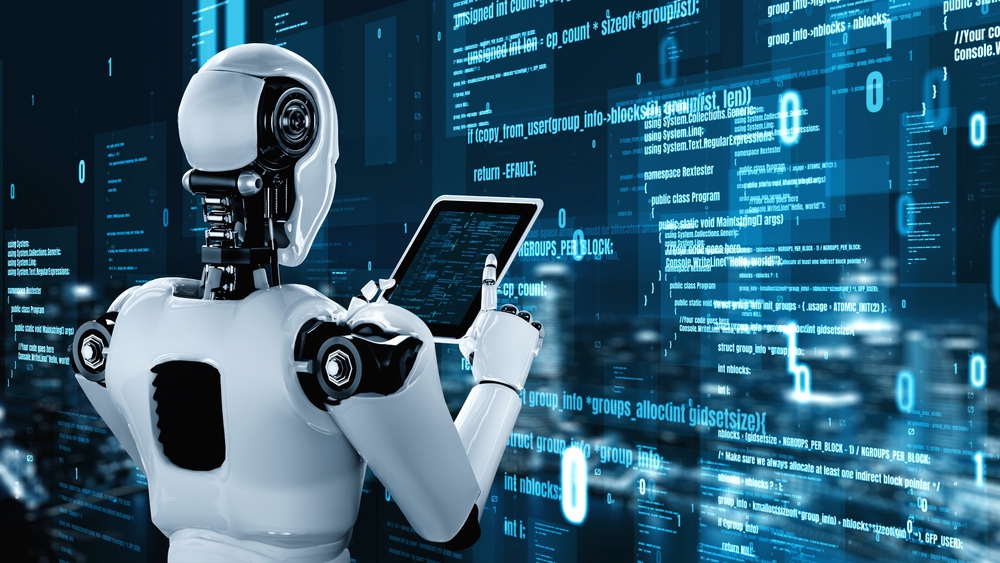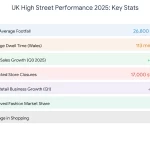Digital marketing in 2025 is less about broadcasting and more about conversation. The landscape, which has undergone a seismic shift in recent years, is now defined by the seamless integration of artificial intelligence (AI), a renewed focus on authentic human connection, and an increasingly sophisticated consumer who demands personalised and valuable experiences.
The era of generic, one-size-fits-all campaigns is well and truly over. To succeed, marketers must embrace a new set of best practices that prioritise data-driven personalisation, interactive content, and ethical, transparent communication.
The Evolution of Digital Marketing: From Keywords to Conversations
The past few years have witnessed a dramatic transformation in how businesses connect with their audiences. The foundational principles of digital marketing—SEO, content, and social media—remain, but their execution has evolved profoundly.
- The Rise of Mobile and Social Commerce: The shift to mobile-first thinking is no longer a trend; it’s a prerequisite. With over 70% of the world’s population having mobile internet access, businesses must ensure their digital presence is optimised for on-the-go consumption. The line between social media and e-commerce has also blurred, with platforms like TikTok and Instagram integrating shopping experiences directly into their apps. This has given rise to “social commerce,” where the customer journey, from discovery to purchase, happens within a single platform.

- The Data Privacy Revolution: Changes in data privacy regulations, such as the deprecation of third-party cookies, have forced marketers to rethink their targeting strategies. The focus has shifted from external data collection to building first-party data relationships with customers. This means providing valuable content and experiences in exchange for user information, fostering trust and long-term loyalty.
- From Content to “Experience”: Content is no longer just text and images; it’s an immersive experience. The dominance of short-form video on platforms like TikTok and Instagram Reels has made bite-sized, engaging content a must-have. Interactive content, such as quizzes, polls, and AR/VR experiences, is also on the rise, boosting engagement and providing valuable user data.
The Defining Force of 2025: Artificial Intelligence
AI is not just a tool for digital marketers in 2025; it is a fundamental partner in strategy and execution. The technology has moved beyond simple automation to become an integral part of content creation, personalisation, and data analysis.
- AI-Powered Content Creation: Generative AI models are now capable of producing high-quality marketing copy, email campaigns, and even video scripts, enabling businesses to scale their content efforts at an unprecedented rate. According to SurveyMonkey research, 50% of marketers now use AI for content creation, and 51% use it to optimise existing content. However, the human touch remains critical to ensure authenticity, creativity, and a unique brand “voice”. The ideal situation is using AI for brainstorming and frameworks, while human marketers craft the final, personalised content.
- Personalisation at Scale: AI and machine learning allow for a level of personalisation that was previously impossible. By analysing behavioural data, demographics, and purchasing patterns, AI can segment audiences and deliver tailored marketing campaigns that resonate with individual needs. This data-driven approach not only increases conversion rates but also fosters brand loyalty. Salesforce predicts that by 2025, 95% of customer interactions will occur through AI-driven conversational marketing.
- The Evolution of SEO: The rise of AI-powered search overviews and conversational AI tools has fundamentally changed the rules of Search Engine Optimisation (SEO). Marketers must now optimise their content not only for traditional search rankings but also for the way AI models discover and summarise information. This means focusing on providing clear, concise, and comprehensive answers to user queries, utilising structured data, and building authority through high-quality, unique content that goes beyond what generic AI can produce.
Best Practices for Digital Marketing in 2025
To thrive in this dynamic environment, marketers must adopt a forward-thinking approach built on several key best practices.

1. Embrace AI as a Strategic Partner: AI should be viewed as a tool to enhance human creativity, not replace it. Use AI to automate repetitive tasks, analyse complex data, and generate initial content drafts. This frees up human marketers to focus on high-level strategy, creative storytelling, and building meaningful customer relationships.
2. Prioritise Authentic, Human-Centred Content: In a world flooded with AI-generated content, authenticity is a brand’s most valuable asset. Consumers are increasingly sceptical of generic messaging and are seeking genuine connections.
- User-Generated Content (UGC): Encourage customers to share their experiences with your product or service. UGC, such as reviews and social media shoutouts, builds trust and makes your brand feel more relatable.
- Video Dominance: Short-form video remains a powerful medium for storytelling and engagement. Focus on creating fast-paced, creative, and authentic video content that captures attention in the first three seconds.
3. Master the Art of Omnichannel Marketing: Consumers now interact with brands across multiple channels, from social media to email, websites, and in-app experiences. An omnichannel strategy ensures a seamless, unified experience across all touchpoints.
4. Invest in Influencer Marketing with a Long-Term View: Influencer marketing continues to grow, with 86% of U.S. marketers expected to partner with influencers in 2025 [4]. However, the focus is shifting from one-off collaborations to building long-term, strategic partnerships.
- Focus on Nano- and Micro-Influencers: These influencers often have smaller but highly engaged and loyal audiences, making their recommendations feel more authentic. 61% of brands are primarily working with nano- and micro-influencers.
- Embrace Affiliate Marketing: A surge in revenue-sharing programs demonstrates a shift from “pay-to-play” deals to performance-based partnerships, offering a higher return on investment (ROI).
5. Champion Data Privacy and Transparency: With increasing consumer awareness of data privacy, brands must be transparent about how they collect and use customer information. Building trust through ethical data practices is no longer a choice—it’s a necessity.
- First-Party Data: Focus on collecting and utilising first-party data to personalise campaigns, reducing reliance on third-party cookies and building direct relationships with your audience.
In Conclusion
Navigating the digital marketing landscape in 2025 demands a proactive and adaptable approach. The key to success lies in understanding that technology, while a powerful enabler, is a means to an end—the ultimate goal remains creating genuine connections with a discerning audience.
By embracing AI ethically, championing authentic content, and building strategies around a deep understanding of your customers, your brand can not only survive but thrive in this exciting new era of digital engagement. The future of marketing isn’t just about what you say, but how you listen, adapt, and respond with value.






No responses yet